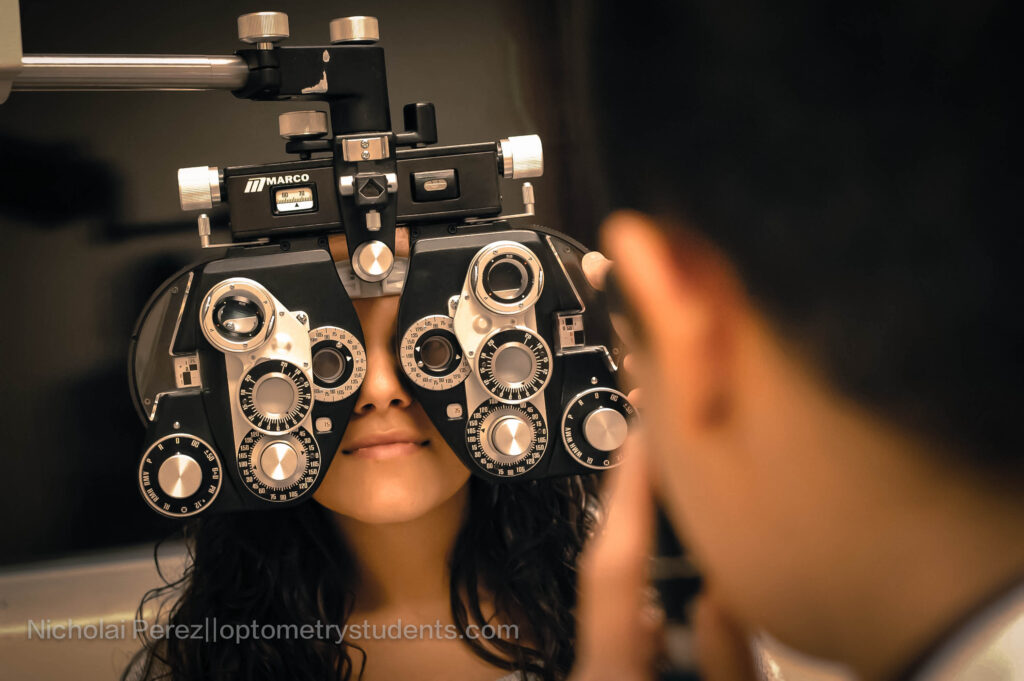Quick Facts about Low Vision ODs
Within the medical community, opinions about the field of low vision can be misguided. Although a large portion of training focuses the art and science of refraction and magnification selection, the reality is that low vision specialists incorporate far more in patient examinations than magnifying glass powers.
Doctors who specialize in low vision can work miracles with their patients and are considered experts on vision rehabilitation. Here are a few quick facts about low vision and optometry.
-
Residency
Many low vision specialists undergo a residency, a focused one-year experience after optometry school. This usually includes an education focused on geriatric diseases. In many cases, low vision patients are older in age, and understanding the mental, physical, and psychological manifestations of geriatric disease is crucial in determining and initiating treatment options in low vision.
-
Patient Population
Since many low vision patients are older in age, the best low vision doctors have to understand the changes that come with getting older. These changes include mental health disorders, neurological changes, physiological changes, and psycho-social changes that the aging population needs. Moreover, these providers are often the last hope for those who have had difficulty finding a patient physician who is willing to navigate the various ailments their geriatric patients possess.
-
Independence
Low vision optometrists help give patients their independence. You would be surprised how many patients wish they could read a book or a menu again! Other patients feel like driving or bird watching is no longer possible given their sight loss. As a physician who specializes in low vision, you offer practical solutions with technological devices, alternative routines, and social services that allow patients to reclaim the parts of their lives that they once considered lost.
-
Expert Witnesses
As expert witnesses in court cases, low vision specialists are frequently called upon to help provide evidence for disability determination, early retirement, or social service acquisition. For example, a person who can read 20/20 at distance but who is night blind and has reduced peripheral vision is not fit for nighttime driving or working the late-night shift in construction.
-
Community Involvement
As a low vision optometrist, you may be called upon by your local public health organization or community to testify or educate the public on the importance of services for the partially-sighted. Incorporating auditory cues, including various textures, and increasing contrast are simple ways that low vision specialists can vouch for changes in living environments for those living with low vision.
-
Networking and referrals
Low vision experts act as conduits for networking their patients with other experts. Services in the field that can help patients with low vision include geriatricians, physical therapists, occupation therapists, government services, orientation & mobility trainers, and surgeons.
-
technology

A low vision provider can help navigate the world of technology and low vision devices. Optometrists who specialize in low vision must have a deep understanding of ocular and neurological disease pathology. They know what parts of vision have been affected and which remain intact, giving them additional insight into choosing a proper visual aid for a patient.
-
special populations
Additionally, low vision specialists can examine and care for specialized demographics of people who are legally blind as well as offer specialized training or visits to schools for the blind or offices that cater to the visually-impaired.
One must admit, this is not an exhaustive list of abilities of a low vision doctor. Determining driving eligibility and specialized education programs are just a few other modalities your low vision doctor may choose to practice.
Regardless of how your physician incorporates his or her low vision specialization, one thing we can all agree on is that the specialty is more than a training to choose magnifying glasses.


